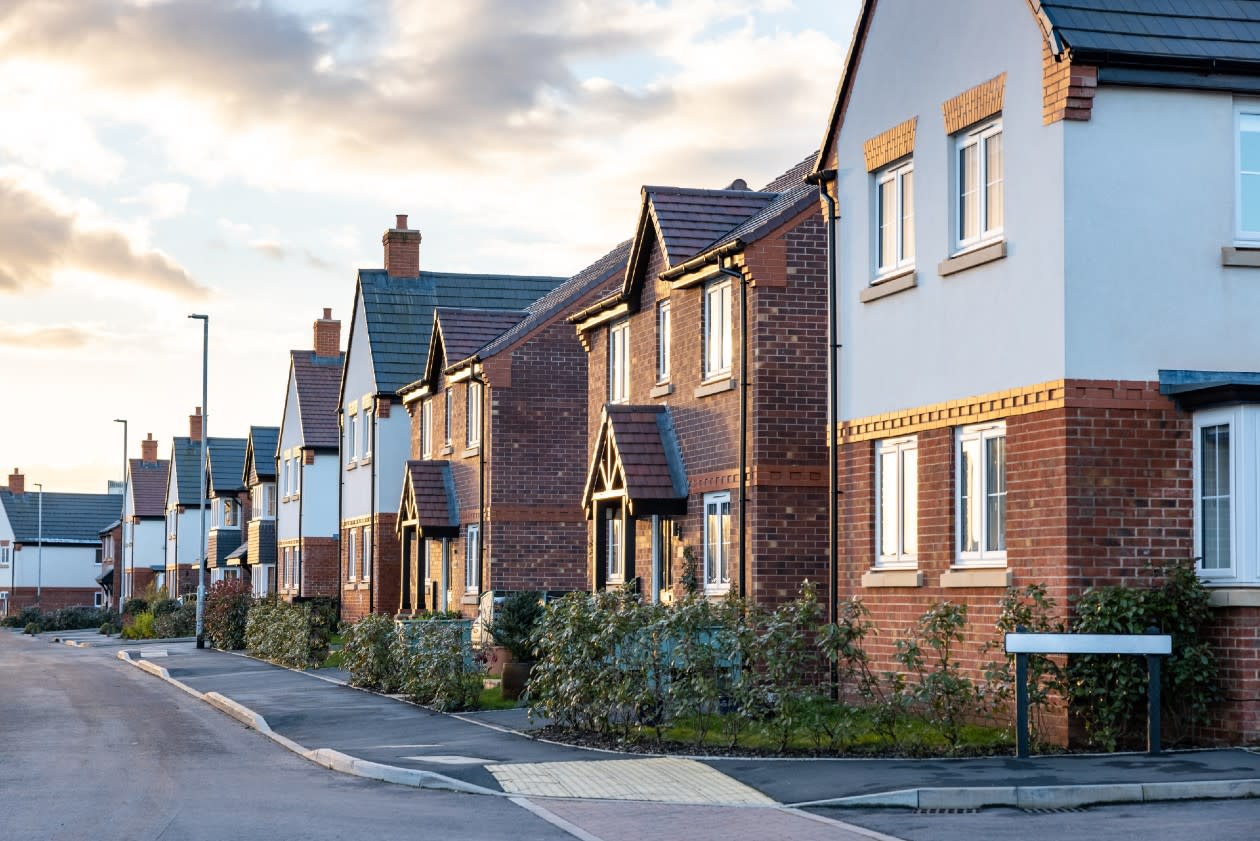Property buyers tend to retreat to the sofa and hunker down for the winter. But this year, hibernation appears to be postponed, with buyer numbers rising, and prices nearing the pandemic high in November.
So, what’s going on, and what could be next for mortgages and property prices?
This article isn’t personal advice. If you’re not sure what’s right for your circumstances, seek advice.
What happened to the property market in 2024?
2024 was generally a good year for property.
Falls in mortgage rates in January sparked some optimism, pushing prices into positive annual growth.
Over the spring, more uncertainty pervaded the market, so prices stagnated.
But they then kicked off again, promoted by two Bank of England base interest rate cuts and hopes of more to come.
Given that mortgage approvals for house purchases hit their highest point in over two years in October, things look positive for the future too.
What could be next for mortgages and house prices in 2025?
Forecasting is never an exact science, but we can expect a few things to move the market in 2025.
The stamp duty holiday in England and Northern Ireland is ending on 31 March.
In September 2022, the threshold was raised from £125,000 to £250,000. The threshold for first-time buyers was increased from £300,000 to £425,000 – and the maximum that a property can be worth and still benefit from this relief rose to £625,000 (up from £500,000). But at the end of March, the thresholds will revert.
It means buyers could well rush for the window before it closes, which could push prices up. We think it’s unlikely to come close to having the impact of the stamp duty holiday during the pandemic, but it’s very likely to boost sales.
Once the deadline passes, we can expect a lull, because so many people will have brought their purchases forward.
Where we go from there hangs in the balance.
One thing working against the market is that prices are just so high, and if the end of the stamp duty holiday pushes them even higher we could reach a new record high. This has priced people out of the market, and will continue to do so, especially given that mortgage rates remain higher than the levels we’ve been used to through the 2010s.
However, there are enough positives that mean on balance we should see some strength in property.
Wages have been growing faster than inflation, which helps boost affordability. Meanwhile, mortgage rates are likely to ease a little given that the market expects interest rates to end 2025 closer to 4% – down from the 4.75% today.
It doesn’t mean a runaway property market in 2025, but it does mean early forecasts that prices could rise 4% don’t look wildly ambitious.
Of course, there are never any guarantees though.
If economic growth disappoints, the Bank of England might be tempted to cut rates faster, but if inflation comes in higher than expected, we could wait an awfully long time for cuts.
There’s always the chance of an external shock too, and geopolitical unrest always has the power to send expectations sideways.
It means while forecasts might be handy in giving us a general idea of what might be on the cards, we can’t rely on them solely.
If you’re thinking of buying, selling, or remortgaging, you can never be completely certain of the perfect time to do it. It means instead of trying to guess what’s going to happen tomorrow, the most sensible approach is to do the right thing for your own circumstances today.
Looking to buy a property? – supercharge your deposit in 2025
The HL Lifetime ISA (LISA) lets you invest for a first home or later life. Here are some of the features:
Lower costs. We offer a lower annual account charge of up to 0.25% of your investment’s value so more of what you pay in can help towards your goals. Other charges still apply.
£4,000 annual allowance. Any investment returns are free from UK income and capital gains tax.
25% government bonus. For every £4 you save, you get £1 extra – up to £1,000 per tax year.
You can open a LISA between 18 and 39. You can still pay in – and get the bonus – until age 50. After 12 months from the first payment, you can use the money to make an eligible property purchase for a home worth up to £450,000. Or you can wait until you’re 60 and take your money out then.
If you want to take money out another time, there’s usually a 25% government charge.
ISA and tax rules can change, and any benefits depend on your circumstances. Investing for longer increases the likelihood of positive returns. Over a period of five years or more, investments usually give you a higher return compared to cash savings. But investments can go down as well as up in value so you could get back less than you put in.


